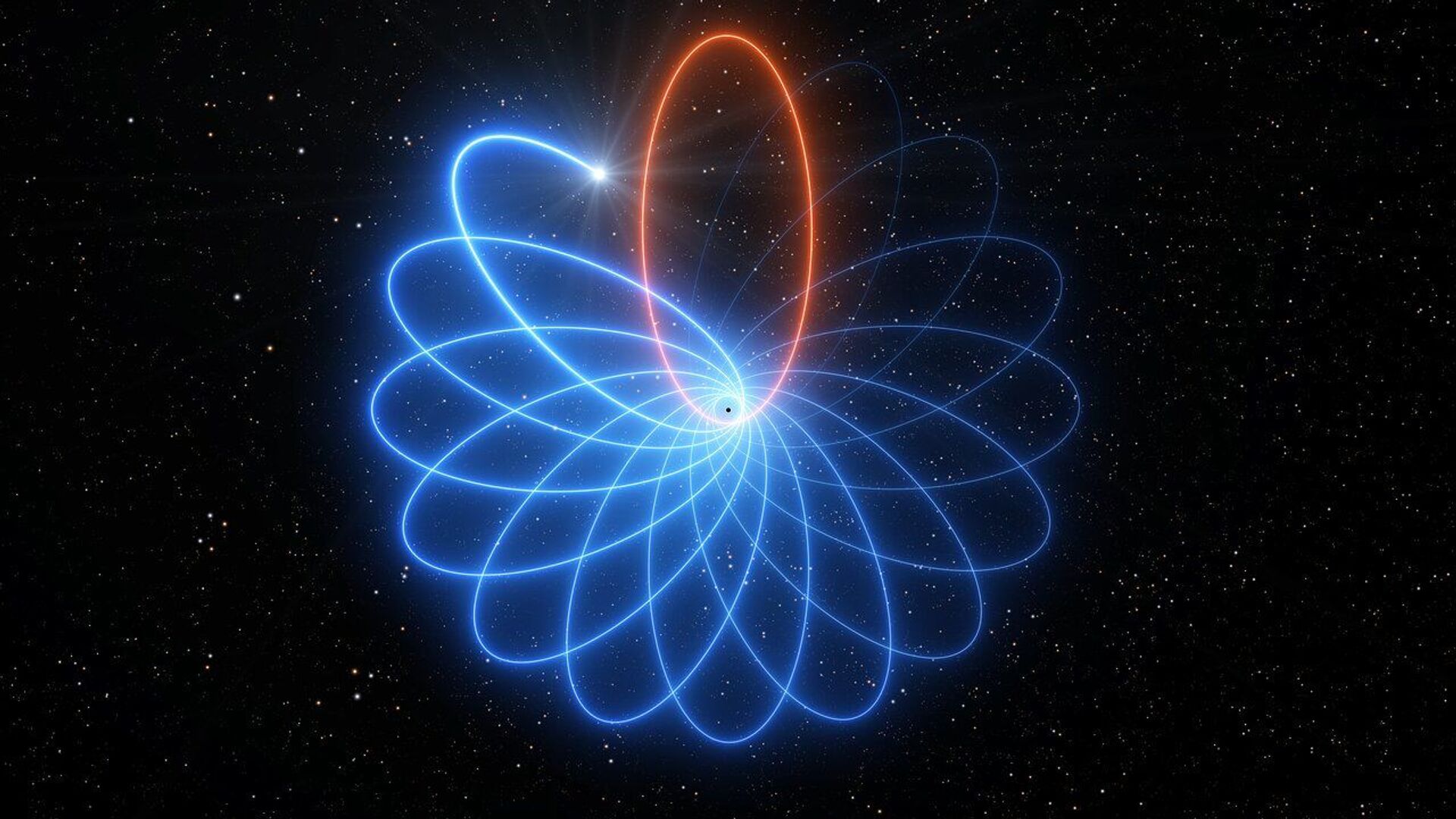https://sputnikglobe.com/20221218/gravity-makes-you-age-slower-scientists-argue-1105567740.html
Gravity Makes You Age Slower, Scientists Argue
Gravity Makes You Age Slower, Scientists Argue
Sputnik International
One of the implications of general relativity theory means that time runs faster in places with low gravity and slower in places with high gravity. 18.12.2022, Sputnik International
2022-12-18T14:28+0000
2022-12-18T14:28+0000
2023-04-21T10:43+0000
time
general relativity
theory of relativity
science & tech
https://cdn1.img.sputnikglobe.com/img/107899/12/1078991207_0:24:1280:744_1920x0_80_0_0_a36e61b2c09343e636e60ae2ce2b7d32.jpg
Scientists have claimed that gravity slows time and makes you age slower.This means that people who live, for instance, in mountains age a bit faster than those who leave at sea level. However, the difference is not that stark. For instance, if you decide to spend 30 years at the peak of Mount Everest, you would be 0,91 milliseconds older than if you had been enjoying the sun and water at sea level.Scientists insist that these are not just calculations – the impact of gravity on time was proven with the atomic clock.On a practical l,evel this phenomenon poses a challenge to GPS satellites which circle the globe at an altitude of 20 km. They need to be adjusted since their clocks run more than 45 milliseconds faster than clocks on Earth within 24 hours.
Sputnik International
feedback@sputniknews.com
+74956456601
MIA „Rossiya Segodnya“
2022
News
en_EN
Sputnik International
feedback@sputniknews.com
+74956456601
MIA „Rossiya Segodnya“
Sputnik International
feedback@sputniknews.com
+74956456601
MIA „Rossiya Segodnya“
why gravity slows time, gravity, time, relativity theory
why gravity slows time, gravity, time, relativity theory
Gravity Makes You Age Slower, Scientists Argue
14:28 GMT 18.12.2022 (Updated: 10:43 GMT 21.04.2023) One of the implications of general relativity theory means that time runs faster in places with low gravity and slower in places with high gravity.
Scientists have claimed that gravity slows time and makes you age slower.
"Gravity makes us age slower, in a relative term. Compared to someone not near any massive object, we are aging more slowly by a very tiny amount. In fact, for that someone, the whole world around us evolves more slowly under the effect of gravity," states James Chin-wen Chou from the National Institute of Standards and Technology, Colorado.
This means that people who live, for instance, in mountains age a bit faster than those who leave at sea level. However, the difference is not that stark. For instance, if you decide to spend 30 years at the peak of Mount Everest, you would be 0,91 milliseconds older than if you had been enjoying the sun and water at sea level.
Scientists insist that these are not just calculations – the impact of gravity on time was
proven with the atomic clock.
On a practical l,evel this phenomenon poses a challenge to GPS satellites which circle the globe at an altitude of 20 km. They need to be adjusted since their clocks run more than 45 milliseconds faster than clocks on Earth within 24 hours.
"The most pressing effect of relativity over the passage of time is probably the accuracy of GPS. Because they are moving at high speeds and high up away from the Earth, the relativistic effects from speed and gravity need to be carefully accounted for so that we are able to infer our position on the globe with high accuracy," added Chin-wen Chou.


